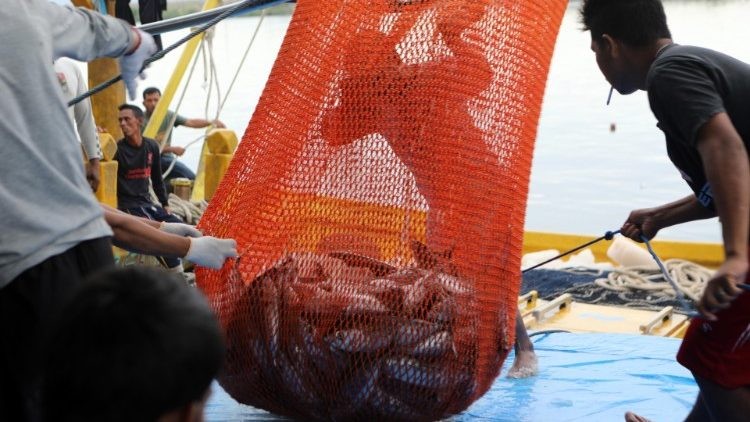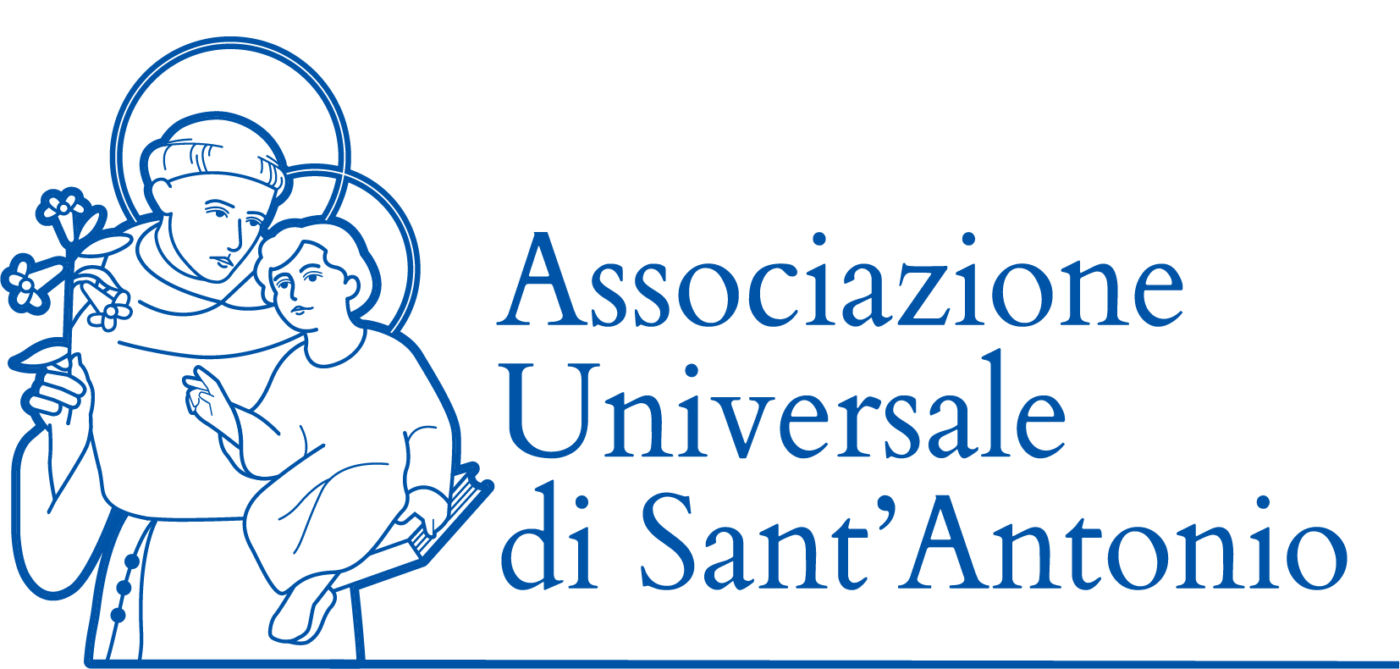“Stemming the tide: together we can stop human rights violations at sea” is the title of a just-concluded conference promoted by the Vatican and the United Nations to draw attention to the plight of sea workers, and to how the Covid-19 pandemic has affected the fish trade, impoverished workers and increased insecurity, child labour and the disempowerment of women due to loss or reduction of income.
Organized by “Stella Maris” at the Dicastery for Promoting Integral Human Development, the UN’s Food and Agriculture Organization (FAO) and the Permanent Observer Mission of the Holy See to FAO, the International Fund for Agricultural Development (IFAD) and the World Food Programme (WFP), the event coincided with World Fisheries Day celebrated on 21 November 2021.
Wrapping up the conference, Monsignor Fernando Chica Arellano, the Holy See’s Permanent Observer to FAO, made an urgent appeal not to neglect the fishery sector because so much is at stake: “the safety, the dignity and the wellbeing” of those whose lives are involved in it.
He upheld the Holy See’s exhortation to “fight the human rights violations fishers are subjected to and human trafficking,” and said it is necessary to do everything possible to stop “illegal, unreported and unregulated fishing.”
Within this perspective, Monsignor Chica Arellano added, the UN Sustainable Development Goals provide a valuable guide for action.
He noted that in some areas there has been some progress in reducing marine pollution, promoting a circular economy, and reducing the use of plastic and energy produced by fossil fuels, but he underlined the need to continue to safeguard marine biodiversity and improve the living conditions of crews onboard fishing vessels.
All speakers at the conference reflected on the worsening of working conditions at the time of the Covid-19 pandemic, and on how the crisis has directly affected the fisheries and aquaculture sector.
The main factors of concern regard changes in consumer demand generated by problems linked to distribution channels and access to markets and fishing grounds; the limited availability of migrant workers; the reduction of income of fisheries workers and fisheries-dependent communities that have led to food insecurity and malnutrition; and increased child labour.
All participants recommitted to jointly supporting sea workers and their families, promising to continue to “row together” towards a renewed fishing industry that “respects the dignity persons and cares for our common home, a common home in which we must all live as brothers and sisters” and in which to share socio-economic benefits.
Concluding, the Holy See reiterated its support for Catholic institutions and other entities that work to protect the rights and safety of fishers and their families, and are committed to the protection of oceans and marine resources.
Speaking on World Fisheries Day after the recitation of the Sunday Angelus, Pope Francis had words of closeness for those who work in the fishing sector.
“I am praying for all those who may be living in difficult conditions or even forced labour,” he said and paid tribute to the chaplains of Stella Maris, the Catholic Church agency which offers practical and pastoral care to all seafarers.
Linda Bordoni
VaticanNews
Photo: Workers in the fishing sector in Aceh, Indonesia (ANSA)


 Italiano
Italiano Français
Français
